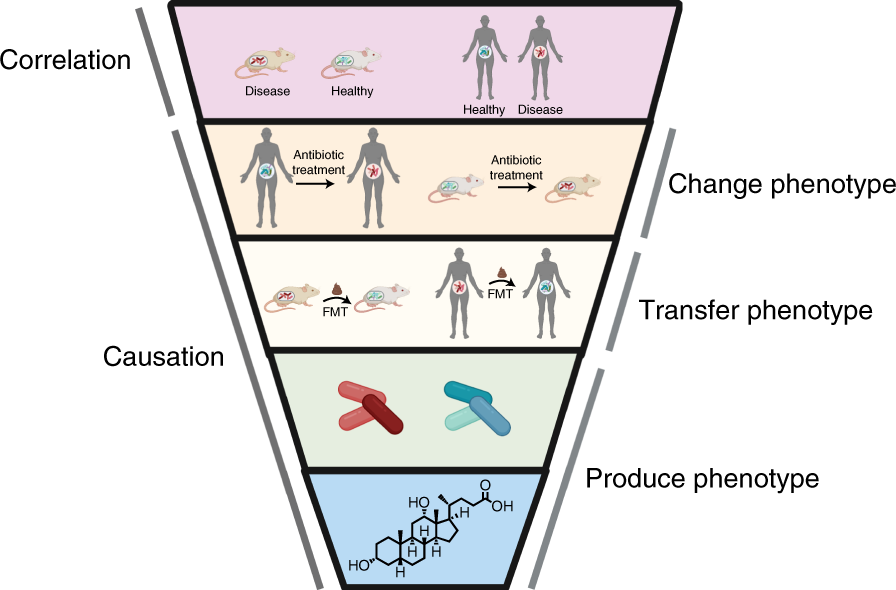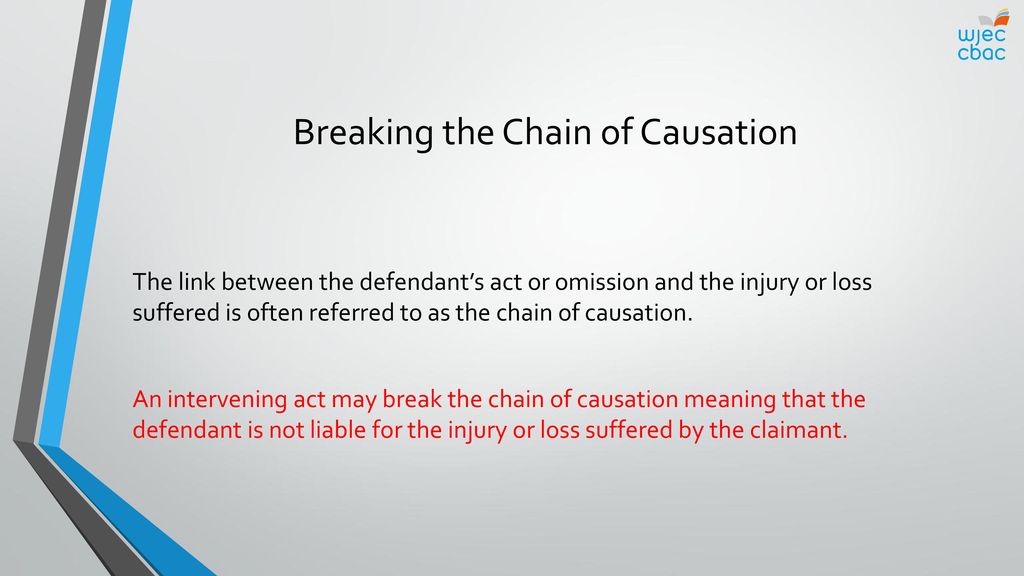
The same language refers to the effects of causes so that generic effects assigned to generic causes, particular effects to particular causes, and operating causes to actual effects.

Both types of causes, can be spoken as potential or as actual, particular or generic. This includes modern ideas of causation, such as wanting or needing something to be, or those that give a purpose to behaviour Example: The reason why the artist wanted to make the statue.Īristotle told people of two types of causes: proper (prior) causes and accidental (chance) causes. The final cause, or telos, is the purpose of the thing. The final cause describes why something exists.Example: the artisan making the statue, the art of bronze-working, the man who gives the advice, the father of a child. It covers all possible types of things, and is the modern definition of cause. It shows ' what causes change of what is changed'. The efficient cause is that external thing that causes the change in the first place.This is sometimes called the whole-part causation. The formal cause tells us what, by using the example of an artist, a thing is planned to be.This is sometimes called the part-whole causation.



 0 kommentar(er)
0 kommentar(er)
